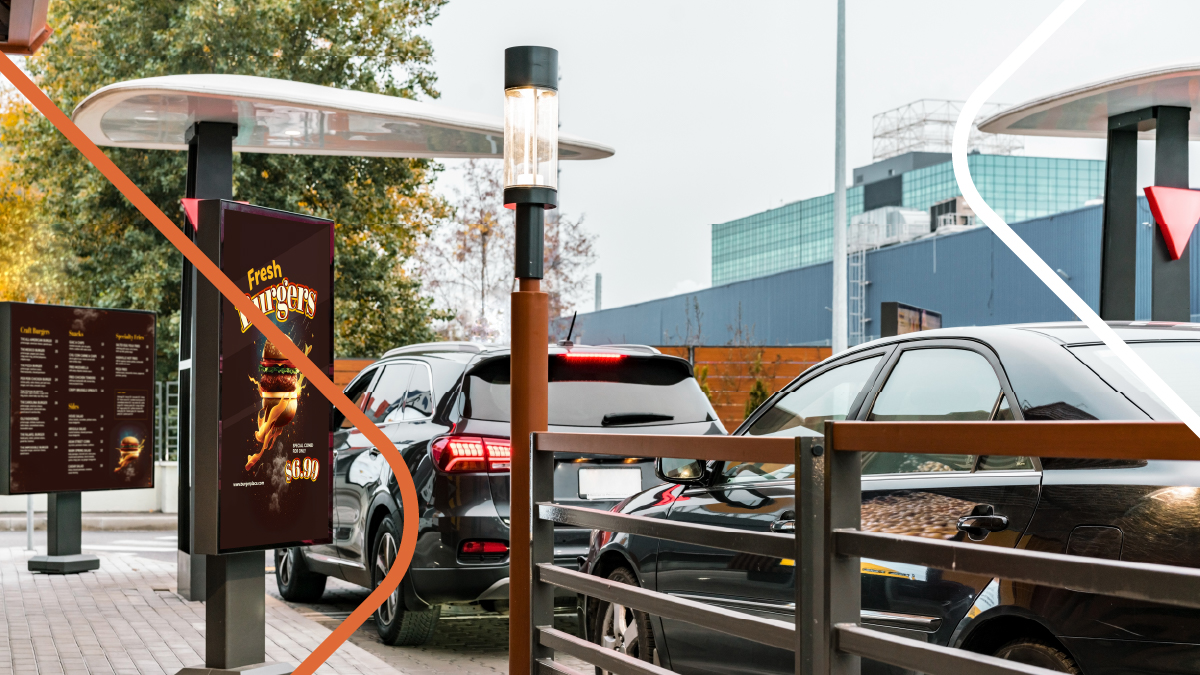
Field Nation CEO Mynul Khan recently sat down with Telecom Reseller’s Doug Green to talk about industry trends, the labor shortage, and how Field Nation is revolutionizing the way on-site technology services are delivered. Below is an abridged transcript of their conversation. Click here for the unedited podcast.
Doug Green:
This is Doug Green and I’m the publisher of Telecom Reseller. And this is a special podcast for the ASCDI and Telecom Reseller. I’m with my Mynul Khan who’s the CEO of Field Nation. Mynul, thank you for joining me today.
Mynul Khan:
Doug. Great to be with you.
Doug Green:
We’re going to be talking about a really important topic that the Field Nation is right on top of. Basically, we have a crisis. We have a shortage of people, literally in the field to help people and companies and organizations with technical issues. But before we walk into that topic, what is Field Nation?
Mynul Khan:
Fieldnation.com is the largest field service platform that connects businesses that need field work done with the on-demand workers who can get that job done. We are connecting thousands of businesses––from OEMs to telecom carriers to MSPs–– with over 100,000 skilled, experienced field workers across North America.
Doug Green:
We talked about a crisis in the run-up to this podcast. What’s the crisis?
Mynul Khan:
There is a perfect storm in the field service industry today. First of all, there is record demand. The retail industry is investing heavily in technology upgrades to provide a digital customer experience. You can see that, as new stores open up, the need for upgrading those stores with the cutting-edge digital customer experience is going up. Combine that with the need for automation because of the labor shortage in the retail industry. The labor shortage is everywhere, but in retail they’re feeling it more acutely than in other places. So that’s the good news, right? There’s a record demand for field work. That’s the good news for any organization that’s in the field service business.
Now, there is some headwind here, as you mentioned in the beginning. The first one is the labor shortage. As you know, there is an aging population in field work, what we call the “silver tsunami.” 46% of field service workers are 50 years or older and not enough young folks are going into the field service business.
Now combine that with the increasing price of gas. I think I read yesterday that the average gas price is now $5 a gallon. That’s creating a problem. Field service, by definition, requires the workers to travel.
The last issue is the supply chain. You have the job, you have the worker, but you don’t have the parts and equipment on-site because it’s not coming through from different parts of the world. All of this is creating this perfect storm for the field service work, and for field service organizations.
Doug Green:
If I heard you right, that’s remarkable that you just described an industry that’s attempting to have further automation and we don’t even have the people available to create the automation. In other words, the automation needs automation, almost.
Mynul Khan:
That’s right. There are certain parts of the job that can be automated. In particular, I’m talking about the retail environment. For example, there’s just not enough cashiers for checkout, right? But you can replace that with self-checkout. So the retail industry is increasing its spend for self-checkout point-of-sale machines. And that’s where the opportunity for installing those machines comes into play. But then there is a labor shortage in the field, which affects who can go on-site and install those devices.
Doug Green:
Alight, well then help me connect the dots. How does your company Field Nation resolve this problem and why is this an opportunity?
Mynul Khan:
So, as I mentioned, Field Nation is in the business of connecting businesses with on-demand workers. We have over 100,000 skilled and experienced technicians located in virtually every zip code in the U.S. and in Canada. So companies that have large-scale service footprints but don’t have technicians in every zip code or every location where they have customers––these companies can easily tap into a platform like Field Nation and identify the right technician, at the right place, at the right time, and deploy them on an on-demand basis without bringing them on board as full-time technicians. So we are helping thousands of businesses to get their job done in the field without needing to build a bench technician pool in a vast location where they have a service footprint.
Doug Green:
So I want to really understand this. If I’m an MSP, CSP, a carrier, maybe even a developer, I can literally just hire the labor that I need.
Mynul Khan:
That’s exactly right. You can get the labor when you need them, where you need them, and within your budget. Field Nation was born during the great recession in 2008. During an economic downturn, there is an increased need to align the cost with revenue. We see that with MSPs and CSPs and developers and OEMs and all the service organizations. An on-demand labor model allows you to tap into labor and you use that cost only when you have a revenue opportunity. You don’t need to bring in technicians and put them on the bench when you don’t have work available for them.
And let’s be clear, these are skilled and experienced techs. We have done a lot of surveys. We know our technicians very well. These techs had full-time jobs in their prior lives. They ran businesses in the past. They own businesses today. So this is the lifestyle they chose, to run their own business. So these guys are as qualified, if not more qualified, than a service company’s own W2 workforce. But the good news is that you can only tap into them when you have a need for them. You don’t have to put them on the bench.
Doug Green:
So I think most of our listeners are wondering, how are you able to avoid the labor shortage in the middle of a labor shortage?
Mynul Khan:
Yeah, it’s a great question, Doug. First of all, many workers are not completely leaving the workforce. They’re just changing the way they work. They’re not all retiring and going to the beach to drink margaritas all day, right? Many simply decided they don’t want that eight-to-five lifestyle anymore. I meet with technicians all the time and they’ll say, “I like Field Nation because it empowers me to choose the way I want to work. If I want to work four days a week, if I want to pick up work on Monday, Wednesday, and Fridays, if I want to do some work during the weekends––I can do that.”
There is a labor shortage, and we hear that all the time from our customers. However, at Field Nation, we are adding close to 1,000 technicians per week to our network. That tells you that people are not leaving the workforce completely. They just want a better choice. They want a more flexible choice for themselves. It comes down to leaving one side of the equation and ending up in the other side of the equation, where the on-demand workforce is actually growing, not shrinking.
Doug Green:
We’ve been discussing this so far from the point of view of either being the consumer of the service or being maybe the technician involved. A lot of our readers are out there reselling products and services. They basically sell cloud-based services or maybe on-prem and so on. Is there an opportunity here for the channel and for the MSPs and so on to actually essentially resell the services you offer?
Mynul Khan:
Absolutely Doug. I’ll give you one example. A few months ago, I got a call from one of our customers who was running a regional Chicago MSP when he found Field Nation. And now probably 24, 36 months later, the gentleman left a voice message for me saying, “Now I am in five different states because my capacity to provide services has expanded with the help of Field Nation. Field Nation can provide the labor pretty much anywhere in the U.S. and Canada. Now I’m focusing on selling my services (my product) and the product fulfillment comes from Field Nation.
Doug Green:
So Mynul it sounds to me like the services you offer are specifically for organizations that need somebody to come on-site and address a break/fix issue, or maybe an install/de-install issue.
Mynul Khan:
That’s exactly right Doug. Anything to do with hardware, whether it’s IT, telecom-related hardware or infrastructure work, like networking and cabling, that’s where we focus. That’s where our techs are specialized in. So like you said, maintenance work, break/fix work, project and rollout install––that’s the kind of work that we do.
Doug Green:
Could you give me a feel for the type of customers you have? You mentioned retail at the very beginning of our podcast.
Mynul Khan:
We don’t directly work with retail. But the companies who provide services to retailers would be our customers. That goes all the way from OEMs to MSPs and VARs. We have a large telecom customer base as well. Those are the type of companies that are providing infrastructure support, hardware support. They are our customers.
Doug Green:
Are there any verticals that have become very prominent in your practice?
Mynul Khan:
Yes. We are very heavy in retail. That cuts across department stores to grocery stores to quick-serve restaurants (QSRs). And we are very heavy in the financial services space, healthcare space, and, generally speaking, anywhere there is a multi-location service happening. That’s where we play a big role.
Doug Green:
Mynul I want to thank you for joining me today. This has been a most interesting conversation at a very interesting moment in economic history and also the technology industry’s history. I hope our readers listen to this. I hope they contact you about maybe engaging your services or getting on board as a technician. But for now, where can we learn more about Field Nation?
Mynul Khan:
You could go to our website, fieldnation.com. We are also present on Twitter. Our address is @fieldnation. We are also on YouTube and LinkedIn and Facebook and all other places. And finally, Doug, thanks for having me. It was really fun speaking with you. Hopefully we gave some insight into the on-demand workforce in the field service space.






